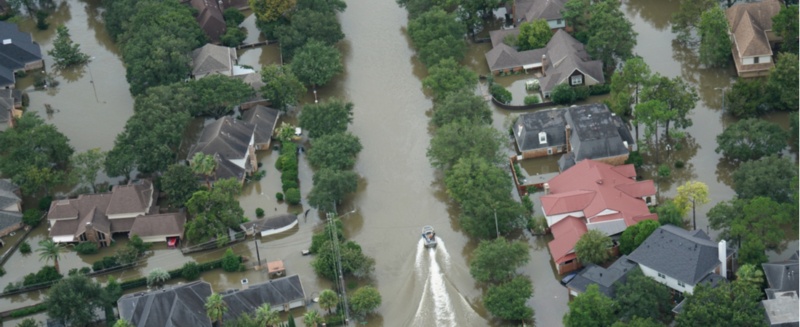Given the flooding, wildfires, tornadoes, and other severe weather of the past few years, you’re probably fully aware that these conditions have a direct impact on rising homeowner’s insurance costs. If you haven’t already, it’s likely you soon will be contacting your insurance agent to find a way to combat these huge rate increases.
However, it’s not just severe weather that can cause your homeowner’s insurance rates to climb. There are a number of other situations that can send your insurance costs through the roof, including the following:
Submitting excessive claims
Clients regularly ask me whether their rates will go up after they make a claim. The answer I give is simple: no, but if you have too many claims in a certain period of time, the insurance company could choose not to renew your policy. In today’s insurance climate, company guidelines are becoming so stringent that having just two claims over a period of a year or two can trigger a non-renewal.
If your insurance company does not renew your policy, you could be faced with higher premiums on a new policy. In this case, you may want to consider a high-deductible policy. Your premium will be reduced if you choose a $1,000, $2,500, or $5,000 deductible, and you will also reduce the chance of having too many claims.
Purchasing vacant land
In most states, vacant land is automatically covered for liability under your homeowner’s policy, but the definition of vacant land may vary.
Many people think that land with fencing, remains of a home’s foundation, or even hunting stands are considered vacant. This is not always the case. I strongly suggest that you contact your agent, as you may need to add a lot that fits one of these descriptions to your policy. The premium typically is minimal, but not adding this location could result in a denial of coverage should someone trip and fall while walking on your land. This extra policy will raise your total insurance cost, but any additional insurance premiums will be much less than the legal fees it would cost you to defend yourself if someone was injured on the property.
Installing a swimming pool
Don’t assume that your new pool and its accessories, including decking or a diving board, will automatically be covered under your existing homeowner’s insurance policy. Many insurance companies will require you to pay an additional premium to insure your pool retreat.
Making renovations to your home
If you are adding square footage to your existing home or upgrading the structure in a way that will increase its value—such as by adding a new custom kitchen—you will certainly need additional coverage. This could result in increased insurance costs.
Working from your residence
In today’s economy, there are many people finding creative ways to pay their bills or supplement their income by working out of their homes. Some are moonlighting as Mary Kay or Tupperware representatives, while others are converting a den or garage into their very own home office.
If you work from home, you could face increased insurance costs—especially if you have clients coming into your home. In most states, any type of business property or liability arising out of doing business from your home is excluded from a homeowner’s policy. Some companies have in-home business riders they can add to extend coverage for an additional premium, while other companies may now no longer want you as a client due to the increased liability that can arise from more people coming in into your home.
There are many situations that can increase your homeowner’s insurance premiums, so it’s important to discuss any changes with your insurance agent. You may be better off paying a higher premium and knowing you’re safe than taking a risk and damaging your finances if an incident happens on your property.
Heidi Petschauer Fox graduated from St. John’s University in Queens, N.Y., in 1983 with a B.S. in management. She joined her late father’s firm, Petschauer Insurance, in 1982, became principal in 1995, and now shares ownership with her partner and cousin, Erwin Petschauer. She received her Certified Insurance Counselor (CIC) designation in 1997. She currently facilitates the professional and creative development of the entire Petschauer team and manages the personal lines and social media departments.
[amazon_link asins=’1524763438,B073FMYZ45,B005OHEYVA,B000069EYA’ template=’ProductCarousel’ store=’thinkglink-20′ marketplace=’US’ link_id=’f8f08e2d-0c33-11e8-a10d-a98beddae773′]






